Featured
How Does Vitamin D Support The Immune System
This vitamin plays a critical role in promoting. One of the main functions of vitamin D is to help activate T cells aka the killer cells in the body.
 How Much Vitamin D Boosts Your Immune System Runner S World
How Much Vitamin D Boosts Your Immune System Runner S World
The surfaces of all white blood cells contain vitamin D receptors and activating enzymes.
How does vitamin d support the immune system. Your body makes vitamin D naturally when you get enough sunlight. Vitamin D strengthens particular cells within the immune system such as the T cells. Oneyou can take a vitamin D3 supplement.
Once it binds to these receptors Vitamin D helps certain immune cells called monocytes transform into specialized cells called macrophages that can kill bacteria and viruses. Vitamin D works in this regard by boosting regulatory T cells and teaching your immune system to differentiate those attacking pathogens from your own cells thus keeping it from turning on itself. Scientists have found that vitamin D is crucial to activating our immune defenses and that without sufficient intake of the vitamin - the killer cells of the immune system -- T cells -- will not be.
Well its essential for creating the antimicrobial proteins in the body which are important in our immune defence system. Heres the big reason why vitamin D. Vitamin D also reduces inflammation in the body and strengthens the barrier function of the epithelial cells cells that act as a barrier between the inside and.
Vitamin C also delivers powerful antioxidant properties that helps support the immune system. In addition vitamin D receptors in the cells. In vitro data show that in addition to modulating innate immune cells vitamin D also promotes a more tolerogenic immunological status.
Vitamin D can modulate the innate and adaptive immune responses. Vitamin D is an important nutrient for supporting the immune system which plays a large role in fighting off viral infection including from the coronavirus. Vitamin D plays a role in the proper functioning of t cells b cells and dendritic cells which are all key to immune function and protecting your body from disease.
It inhibits B cell proliferation and blocks B cell differentiation and immunoglobulin secretion31-32. That makes vitamin D. What are the best sources of Vitamin D.
Vitamin D plays a vital role in the function of the immune system. While vitamin C provides many health benefits its best known for supporting a healthy immune system. Many immune cells have receptors for Vitamin D.
Vitamin D is this seasons must-have immune system booster. Its critical to a healthy immune system says Manson. The University of Edinburgh team focused on how vitamin D affects a mechanism in the bodys immune system -- dendritic cells ability to activate T cells.
T cells actually detect and destroy foreign pathogens -- like viruses. It also helps to decrease levels of inflammatory cytokines a part of the immune system that can overreact with dangerous outcomes. Vitamin D has numerous effects on cells within the immune system.
Vitamin D is necessary for the proper functioning of your immune system which is your bodys first line of defense against infection and disease. Vitamin D works to keep your immune system functioning by supporting the cells that combat disease. There are three ways to get vitamin D levels up in your system.
Vitamin D metabolizing enzymes and vitamin D receptors are present in many cell types including various immune cells such as antigen-presenting-cells T cells B cells and monocytes. Vitamin D can do a slew of different things in your body including strengthen your bones reduce inflammation and help with immune function the NIH says. Particularly when sheltering in doors during a pandemic its important to making sure you get enough.
7 Together both vitamin C and vitamin D help support a healthy immune system with each offering different but complementary immune system. How does vitamin D help support immune health and function. How does it work.
Vitamin D additionally suppresses T cell proliferation and results in a shift from a Th1 to a Th2 phenotype34-35. Deficiency in vitamin D is associated with increased autoimmunity and an increased susceptibility to infection. Youre providing optimal immune support by promoting the bodys.
In addition Vitamin D helps your body to effectively absorb calcium which helps your body to maintain healthy bones.
 Vitamin D Is Crucial For Immune Health Make Sure You Re Getting Enough Cnet
Vitamin D Is Crucial For Immune Health Make Sure You Re Getting Enough Cnet
 Amazon Com Immune Support Vitamin C With Zinc Vitamin D Elderberry Echinacea Non Gmo Immune System Booster Supplement Vit C 500mg 60 Vegetarian Capsules No Pills Tablets Or Gummies Health
Amazon Com Immune Support Vitamin C With Zinc Vitamin D Elderberry Echinacea Non Gmo Immune System Booster Supplement Vit C 500mg 60 Vegetarian Capsules No Pills Tablets Or Gummies Health
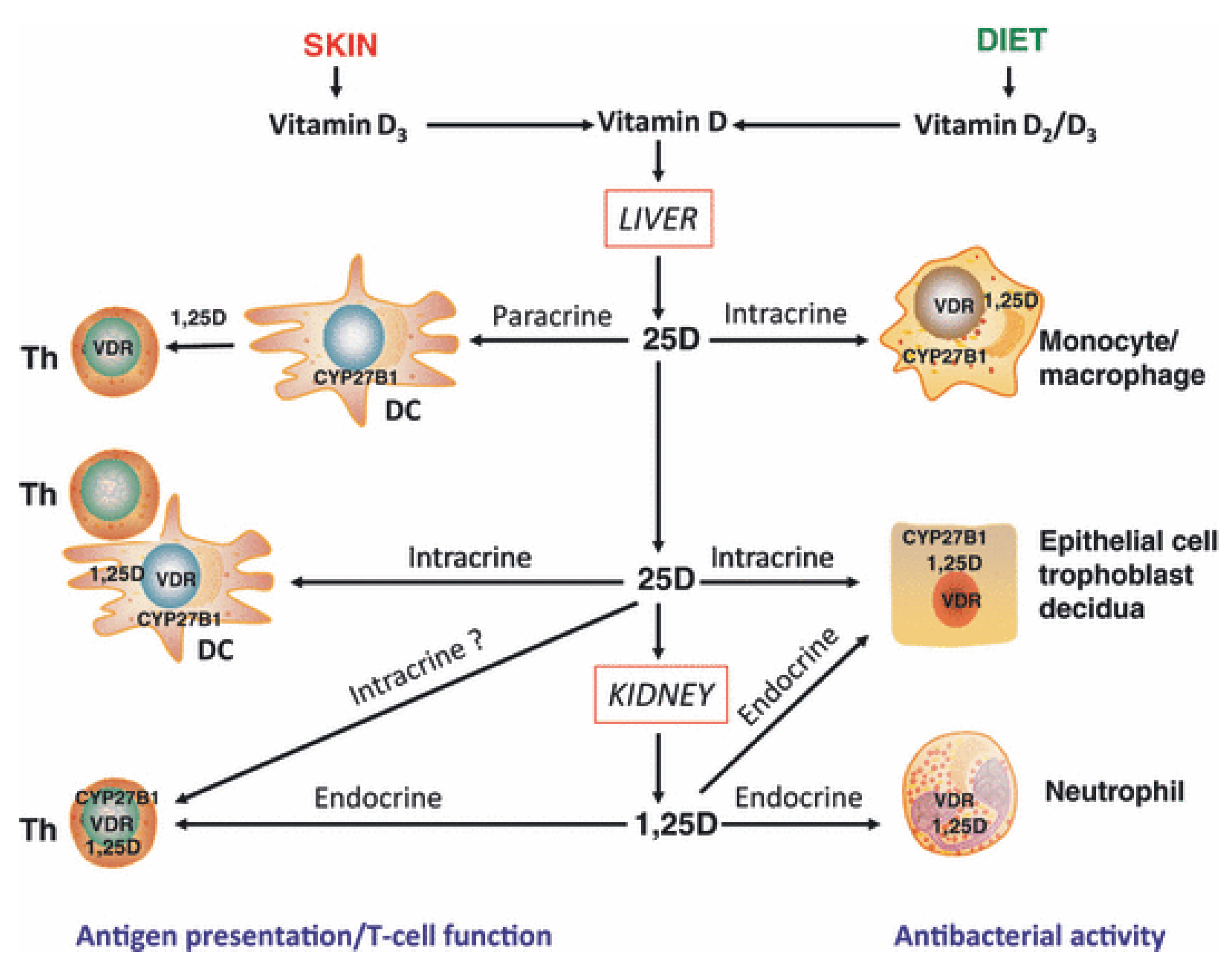 Nutrients Free Full Text Vitamin D And Immune Function
Nutrients Free Full Text Vitamin D And Immune Function
 Eating To Support Healthy Immune Systems Spark Health Australia
Eating To Support Healthy Immune Systems Spark Health Australia
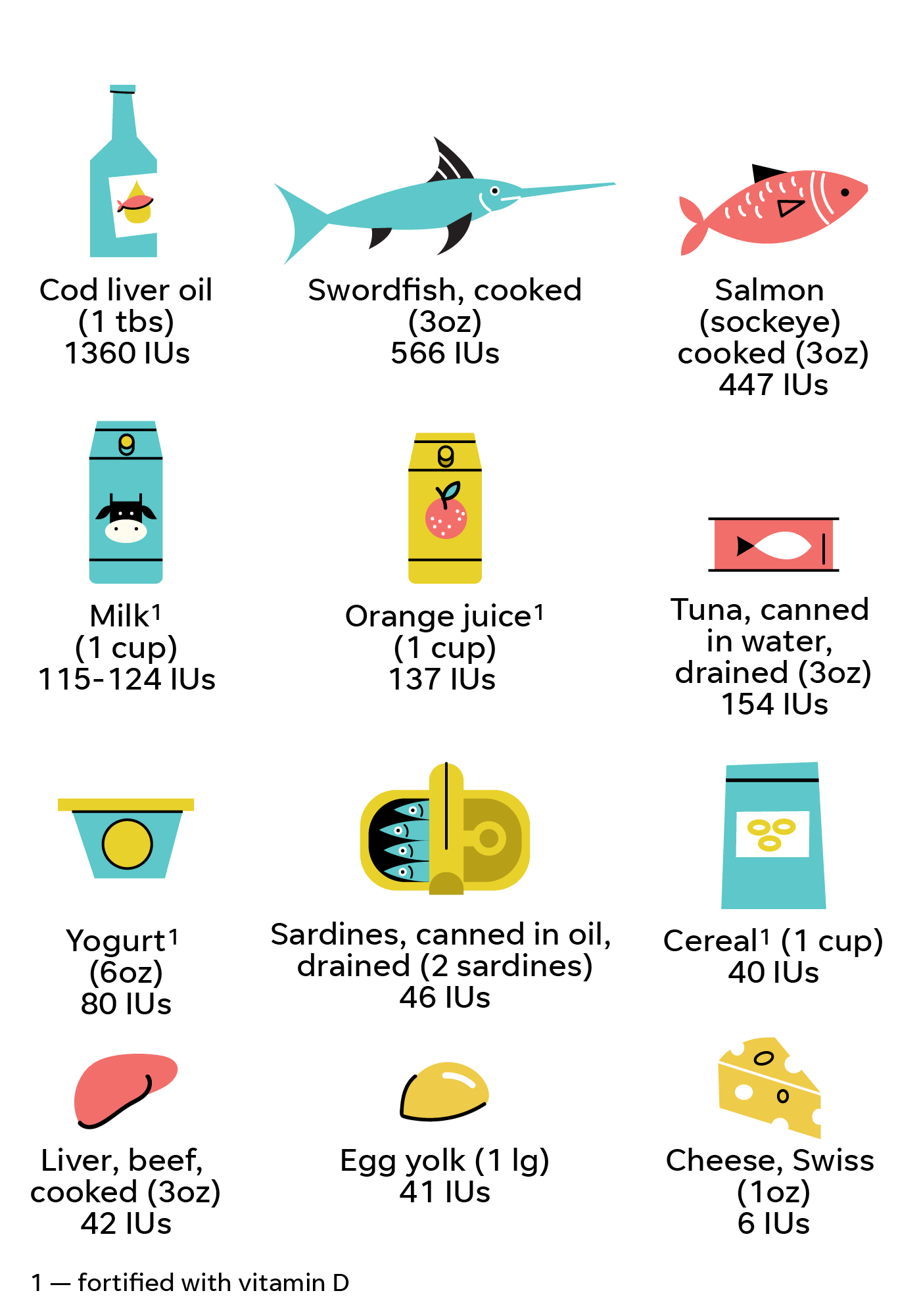 Vitamin D And Covid 19 Could Low Vitamin D Levels Affect Coronavirus
Vitamin D And Covid 19 Could Low Vitamin D Levels Affect Coronavirus
 Vitamin D And Our Immune System And How It May Support Us Against Cov The Urban Kitchen
Vitamin D And Our Immune System And How It May Support Us Against Cov The Urban Kitchen
 Non Classical Effects Of Vitamin D Hewison Research Lab Ucla
Non Classical Effects Of Vitamin D Hewison Research Lab Ucla
Supporting Your Immune System What You Need To Know Uknow
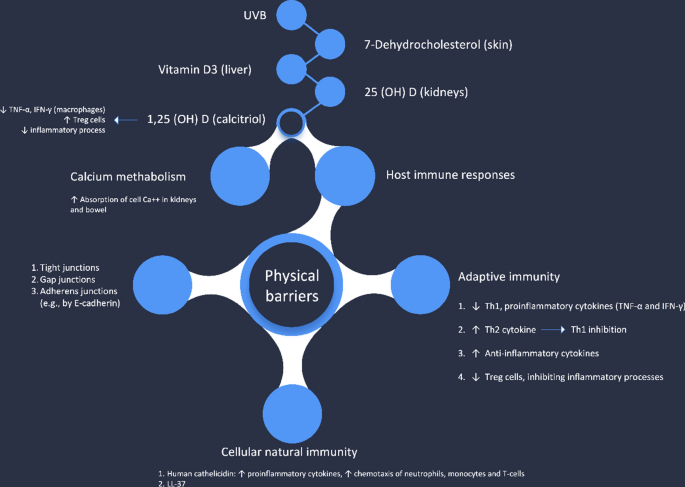 Vitamin D And Covid 19 An Update On Evidence And Potential Therapeutic Implications Clinical And Molecular Allergy Full Text
Vitamin D And Covid 19 An Update On Evidence And Potential Therapeutic Implications Clinical And Molecular Allergy Full Text
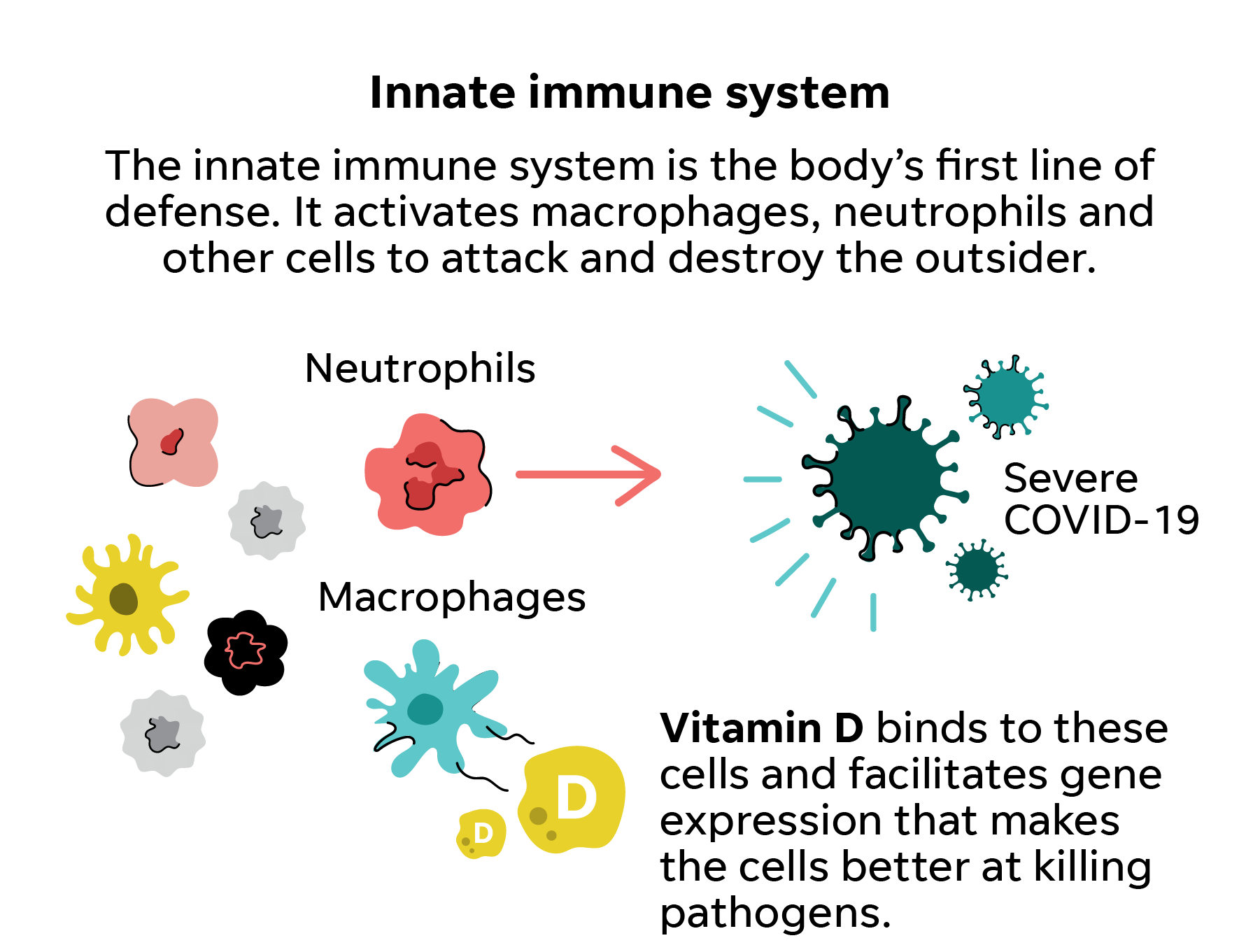 Vitamin D And Covid 19 Could Low Vitamin D Levels Affect Coronavirus
Vitamin D And Covid 19 Could Low Vitamin D Levels Affect Coronavirus
:max_bytes(150000):strip_icc()/Can-vitamin-d-prevent-respiratory-infections-4842761_V12-ea8d470cf372477cbd4d2b03ee93fe09.gif) Can Vitamin D Lower The Risk Of Respiratory Infections
Can Vitamin D Lower The Risk Of Respiratory Infections

 The Role Of Vitamin D In The Immune System As A Pro Survival Molecule Clinical Therapeutics
The Role Of Vitamin D In The Immune System As A Pro Survival Molecule Clinical Therapeutics
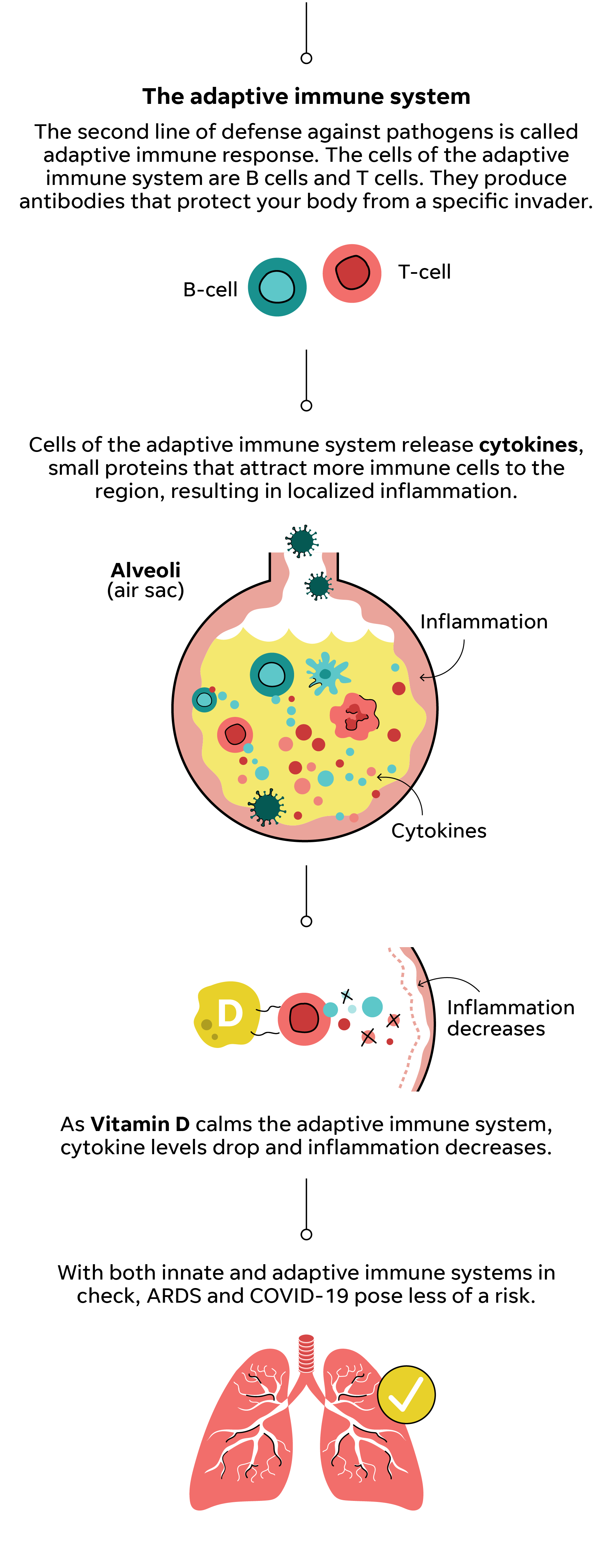 Vitamin D And Covid 19 Could Low Vitamin D Levels Affect Coronavirus
Vitamin D And Covid 19 Could Low Vitamin D Levels Affect Coronavirus
Comments
Post a Comment